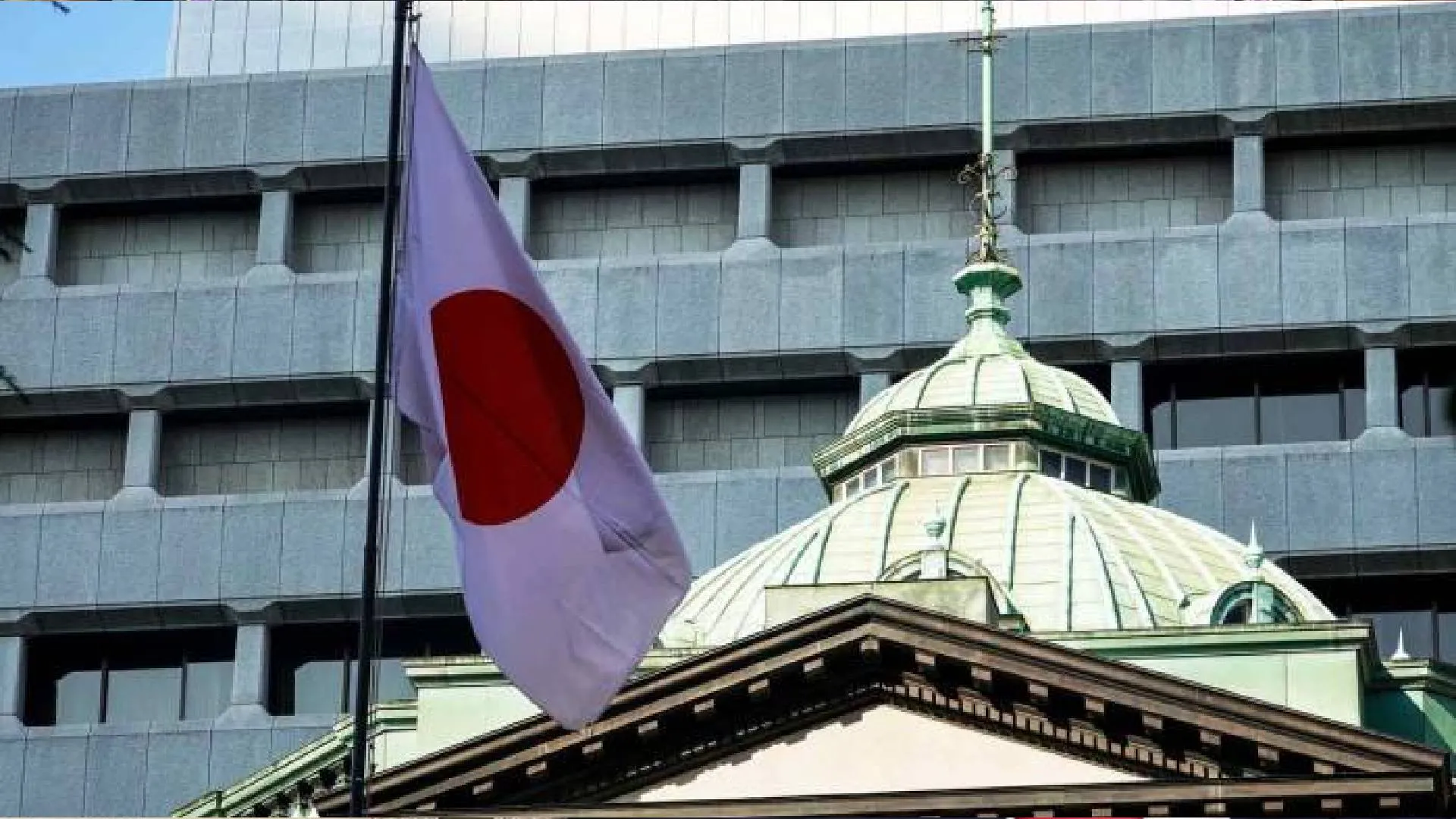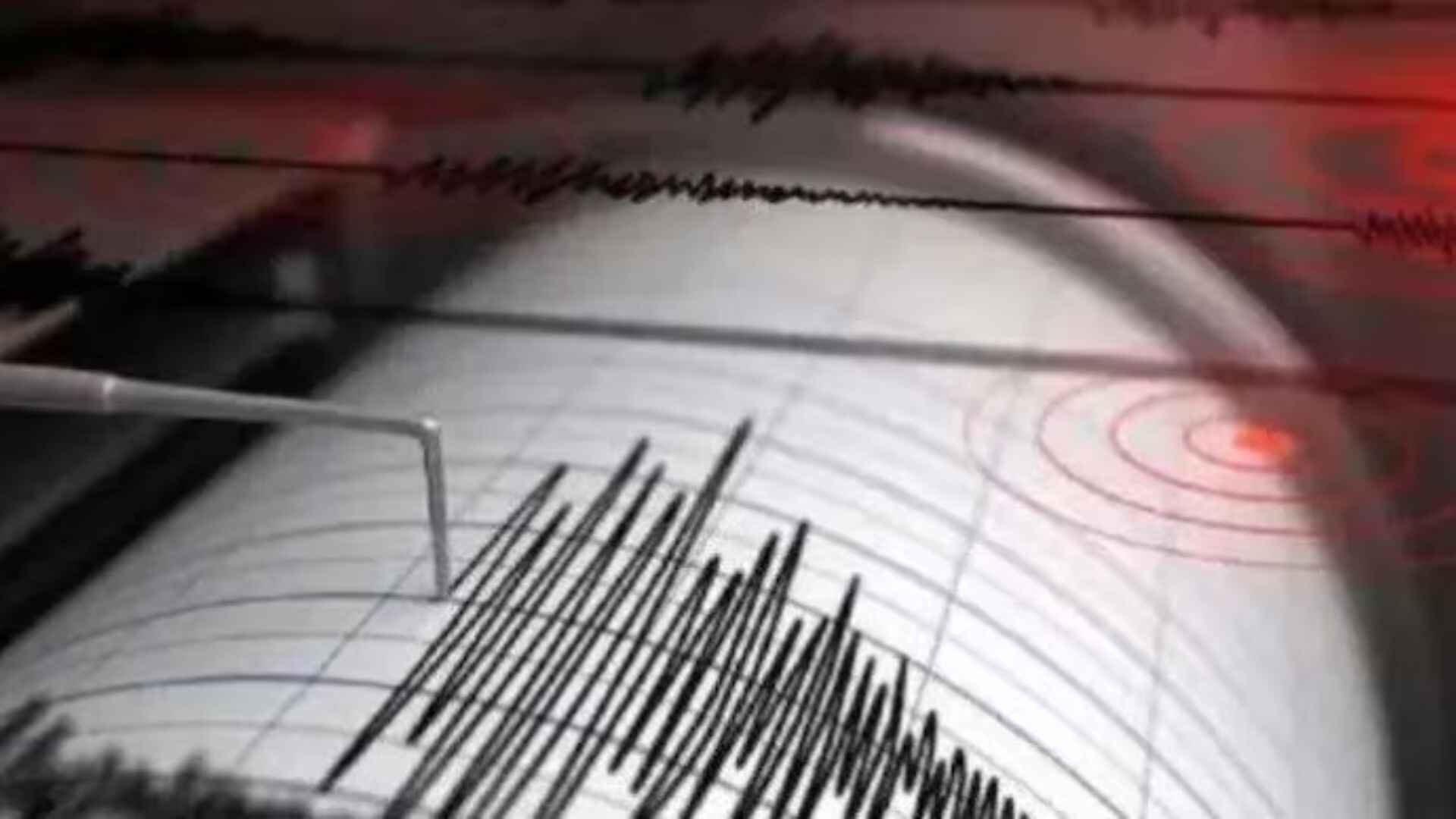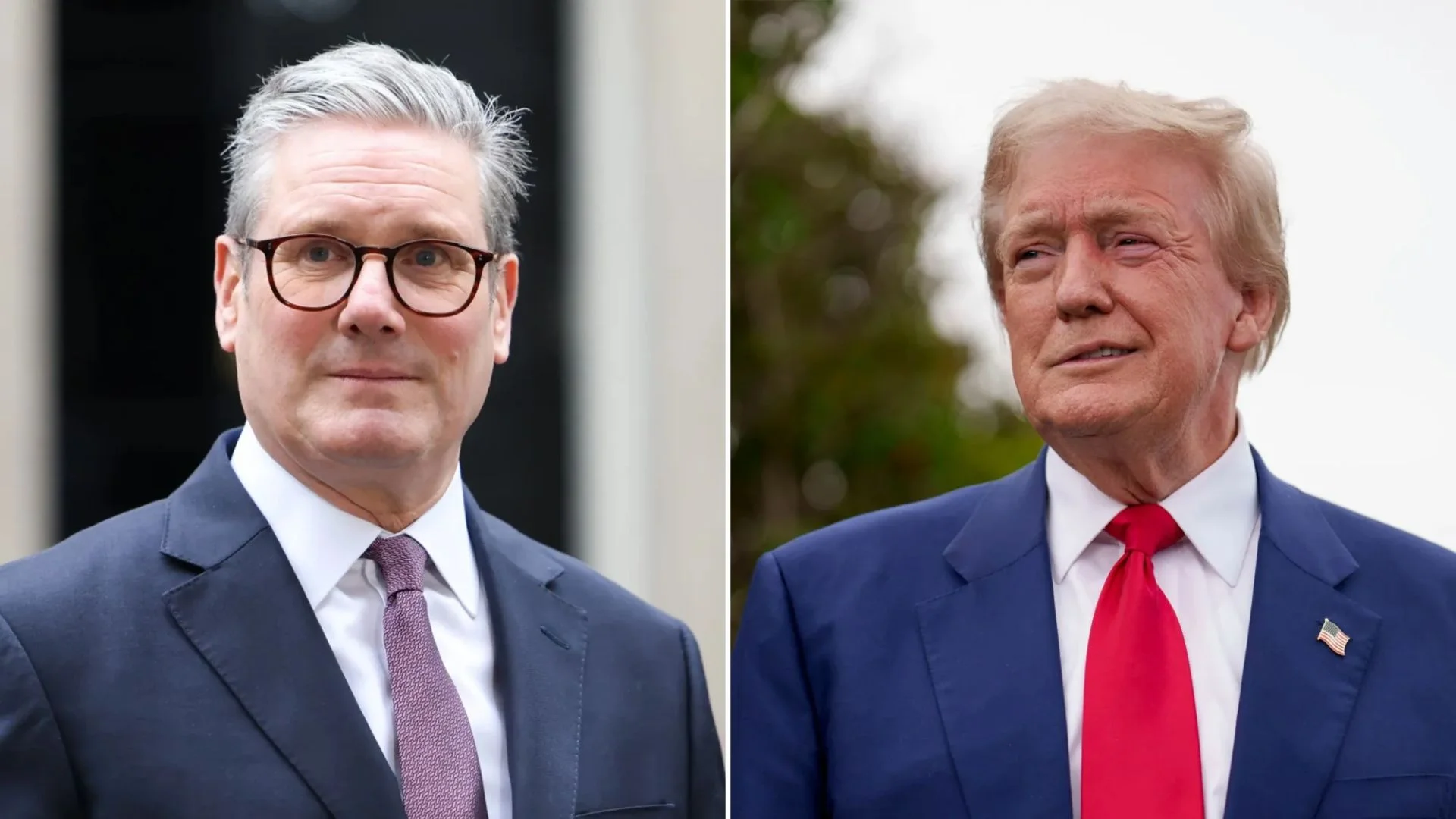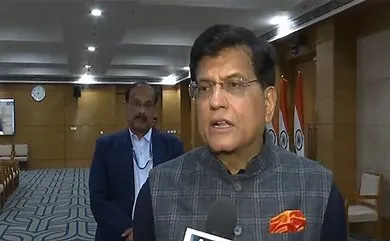The Bank of Japan has increased short-term interest rates by 0.25% to 0.5%, the highest level in 17 years. The central bank made this decision during a two-day policy meeting on Friday to normalize monetary policy in response to persistent inflation and rising wages.
The BoJ board voted 8-1 with Toyoaki Nakamura dissenting to approve the hike. Governor Kazuo Ueda had telegraphed this move in an attempt to avoid market jitters, given the global economic landscape particularly concerning what U.S. President Donald Trump has in store for foreign trade policy.
“There’s no change to our view of raising our policy rate and adjusting the degree of monetary support if the economy and prices move in line with our forecasts,” Ueda said.
It is the biggest interest rate increase for this country since the 2008 financial crisis. The July 2024 rise also left markets stunned, making the yen and equities briefly unstable.
Driven by Inflation and Economic Data
But the latest hike matches a report that core inflation, or the price of everyday living, excluding food and energy, rose 3% in December 2024 over the same period last year. Consumer inflation is predicted to be 2.7% in the fiscal year that ends in March 2025 and according to the previous projection was 2.5%.
The BoJ stated that one of the main factors was continuing wage growth. “The probability of the bank’s projection being met has been rising as many firms had planned to continue raising wages modestly in the annual wage negotiations this year,” the central bank said.
Market Reaction and Outlook
After the decision, the yen was up 0.5% at 155.32 per dollar. In Japan, the two-year government bond yield rose to 0.705%, its highest since 2009.
In addition, the BoJ indicated that it would continue to revise interest rates as long as it would see its view of rising economic growth and inflation in line with projections. It added that “underlying inflation is heightening towards the Bank of Japan’s 2% target,” seeing that financial markets are generally stable.
International Impacts
The decision also reflects concerns over potential tariffs from U.S. President Donald Trump, which could affect countries like Japan that export to the U.S. The BoJ’s cautious approach aims to mitigate risks while supporting domestic economic growth.























